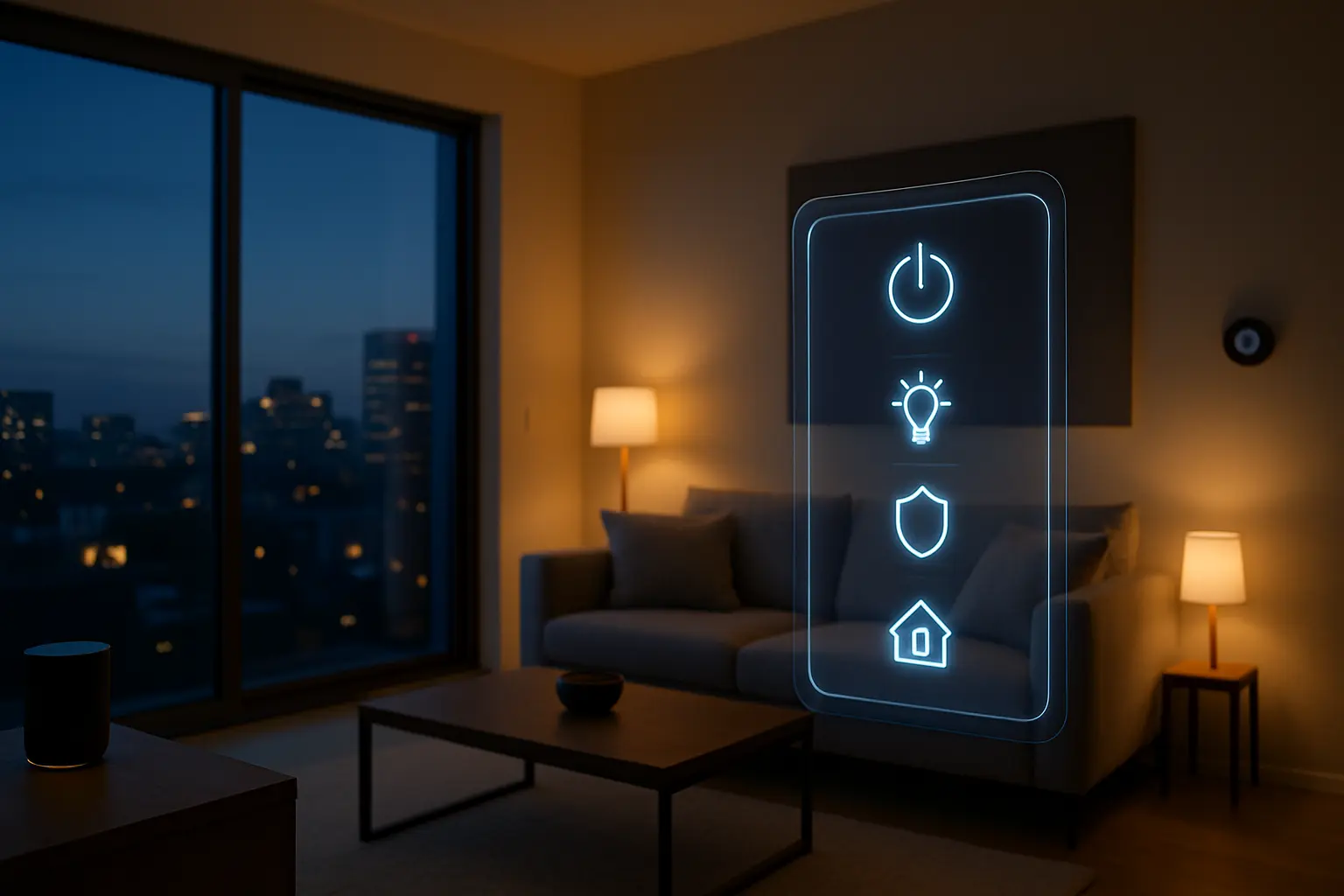Smart Home Integration: The New Must-Have in Modern Real Estate
How cutting-edge technology is revolutionizing property values and reshaping buyer expectations in today's market

The Evolution of Smart Home Technology in Real Estate
What was once considered a luxury add-on has now become a fundamental expectation in modern real estate. Smart home technology has undergone a remarkable transformation, reshaping both residential and commercial property markets. Today's buyers and tenants increasingly view smart home features as standard amenities rather than optional upgrades.
The integration of intelligent systems has evolved from simple programmable thermostats to comprehensive home automation solutions that seamlessly connect every aspect of our living spaces. This shift has been driven by growing awareness of energy efficiency, security concerns, and the desire for enhanced convenience in our daily lives.
Top Smart Home Features Driving Property Values
Several key smart home technologies have emerged as significant value drivers in the real estate market:
Security Systems
Modern smart security solutions have become a top priority for property buyers, including:
- AI-powered surveillance cameras with facial recognition
- Smart doorbell systems with video capabilities
- Automated access control systems
- Integration with mobile devices for remote monitoring
Energy Management
Energy-efficient solutions have become increasingly sophisticated:
- Smart meters and energy consumption monitoring
- Automated lighting systems with occupancy sensing
- Solar panel integration with smart grid technology
- Intelligent appliance management systems
Climate Control
Advanced climate control features now include:
- Zone-based temperature management
- AI-driven learning thermostats
- Humidity and air quality monitoring
- Integration with weather forecasting systems
Investment Returns
Smart home integration can significantly impact property values, with studies showing potential increases of 5-10% in resale value for homes with comprehensive smart technology installations. Commercial properties with advanced automation systems are particularly attractive to premium tenants, often commanding higher rental rates.
Properties equipped with smart technology typically sell 20% faster than traditional properties, demonstrating strong market demand for these features.
The return on investment extends beyond monetary value, including:
- Reduced energy costs and environmental impact
- Enhanced security and peace of mind
- Improved tenant satisfaction and retention
- Lower maintenance and operating costs
Future-Proofing Properties
To ensure long-term value and relevance, property owners should consider these strategic recommendations:
Scalable Infrastructure
- Install robust networking infrastructure to support future technologies
- Choose open-standard platforms that allow for easy integration
- Implement modular systems that can be upgraded incrementally
Strategic Implementation
Focus on creating a foundation that can adapt to emerging technologies:
- Prioritize wireless solutions over hardwired systems where possible
- Invest in cloud-based platforms for greater flexibility
- Consider AI-ready infrastructure for future automation capabilities
The integration of smart home technology is no longer optional in today's real estate market. Property owners who embrace these innovations while planning for future adaptability will find themselves well-positioned in an increasingly competitive market.


